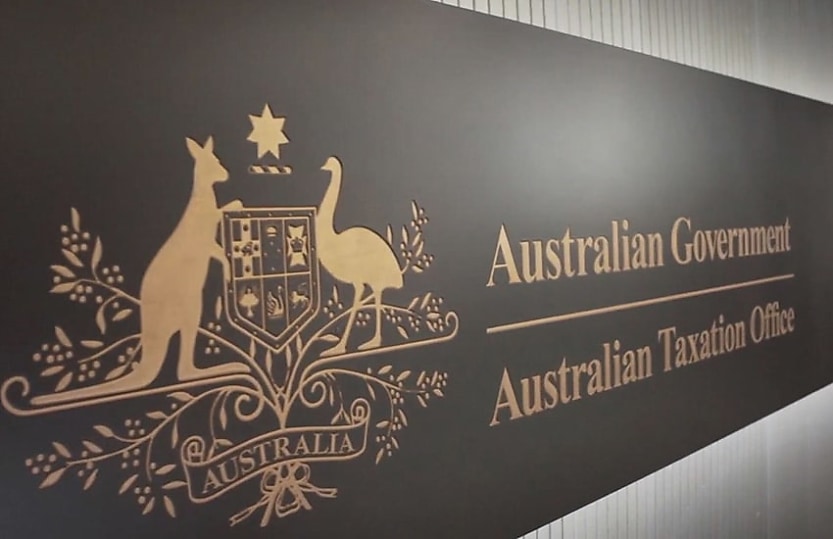‘The company’s money is not your money’: ATO on Div 7A myths

Mistaken beliefs around business structures, record-keeping and the Commissioner’s discretion are “common” among taxpayers, the Tax Office has said.
Common beliefs like “I can use company money any way I like” or “I don’t need to keep records” is causing Division 7A mistakes, the Tax Office has told taxpayers.
The message comes as the ATO seeks to clamp down on compliance with the provision that targets shareholders getting distributions tax-free, with around two-thirds of Division 7A breaches relating to “core and fundamental aspects”.
In an information sheet published on its website this week, the ATO singled out several areas where taxpayers frequently misunderstood their obligations.
It said taxpayers commonly believed that “if I own a company, I can use the company money any way I like”, causing them to access company funds without regard to tax consequences.
But the ATO said “a company is a separate legal entity.”
“This means the company’s money is not your money, and there will be consequences every time you take money or access other benefits from your private company,” it said.
Private company funds had to be accessed in the form of salary and wages, directors fees or dividends, all of which would be included in taxpayers’ assessable income, the ATO said.
Division 7A would also apply to “private use of assets or money from your private company in a way not described”, such as payments, loans and debt forgiveness by private companies.
The ATO also called out record-keeping myths such as “I don't need to keep records when my private company makes payments, loans, or provides other benefits to other entities”.
It said business owners were legally required to document all transactions involving their tax affairs, and failing to do so could result in “unintended consequences” such as Division 7A breaches.
Relying solely on journal entries to reconcile obligations after an income year ended was also insufficient.
“A journal entry, without other supporting evidence and contemporaneous action, won't be effective to offset a minimum yearly repayment obligation on a complying loan,” the ATO said.
Other myths addressed were around ways taxpayers believed they could circumvent the provision.
The ATO said taxpayers believed they could avoid Division 7A by making payments through other entities and trusts.
But these arrangements involved “interposed entities”, the ATO said, and payments or loans to shareholders through them would still be treated as assessable dividends.
It also cautioned against strategies such as temporary loan repayments before lodgment day or using company funds to make repayments, noting they could be disregarded if followed by similar or larger borrowings.
Finally, for taxpayers that breached Division 7A, the ATO said a belief the Commissioner “will exercise a discretion in my favour to disregard it” under section 109RB, including because they relied on a tax professional’s advice, was wrong.
“You can't assume the Commissioner will exercise a discretion in your favour if you trigger a Division 7A deemed dividend,” the ATO said.
“For the Commissioner to exercise a discretion in your favour, you must meet certain conditions, and your circumstances must support the exercise of the discretion.”
About the author







